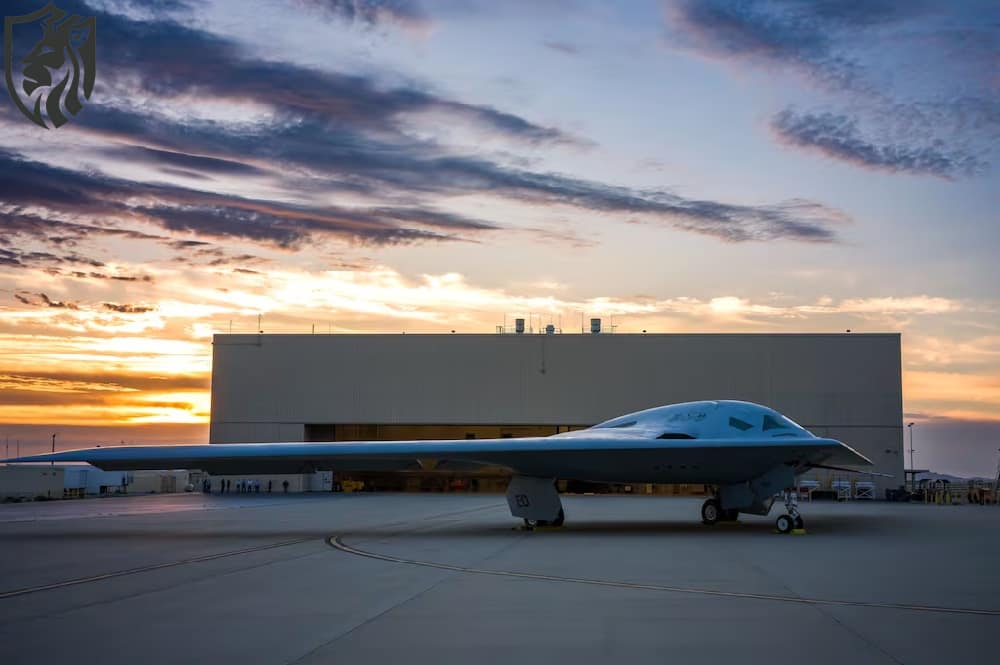
Western Firms Fuel Russia’s Su-57 Despite Sanctions
Russia’s Su-57 fighter jets, touted as advanced military aircraft, significantly depend on Western technology even with strict sanctions in place. Researchers using open-source intelligence (OSINT) from Frontelligence Insight have shown how Russian firms find ways to obtain crucial parts. Their work reveals a complex setup of procurement methods that allow access to high-tech gear necessary for the Su-57 jets.

Sanctions and Russian Resourcefulness
In spite of sanctions, Russian producers have shown notable creativity in obtaining dual-use items from the civilian sector. Mikropribor, a significant player in Russia, illustrates this adaptability. The company managed to acquire machinery for automated workstations that calibrate and test MPPU-50 devices, which are essential for satellite communication and radar.
In July 2022, just months after Russia’s large-scale invasion of Ukraine, the nation secured a deal for the Siemens KLE 360—a German CNC machine known for high precision. This deal underscores Russia’s dependence on Western technologies even as it claims to be self-reliant.
The Role of MPPU-50 in Su-57 Functions
MPPU-50 devices, which operate in L- and X-bands, are critical for calibrating communication systems. They ensure reliable connections in combat, where effective communication is vital. These devices showcase Western technology’s vital importance in enhancing the Su-57’s operational performance.
Western Electronics in Russian Aircraft
The Frontelligence Insight report points out the widespread inclusion of Western microelectronics in Russian fighter jets. Components from U.S. companies like Texas Instruments and Analogue Devices, along with Japan’s Murata Manufacturing, are crucial for the Su-57’s avionics and radar. Notably, Murata’s Radiation Interference Solution (Radisol) improves antenna performance by minimising interference.
The production of the Su-57 also utilises foreign parts, like WA36 attenuators, EA-PS 3150 power supplies, and PLR7 60-12 power systems, which are key for navigation, missile guidance, and electronic warfare. This indicates a strong reliance on imported technology.
Deceptive Procurement Methods
Often, Russian firms use indirect routes to acquire these vital components. In August 2022, Mikropribor partnered with the Krasnoe Znamya Plant—part of Almaz-Antey—to obtain gear for MPPU-50 testing. These items, although publicly intended for civilian use, have military applications.
Kazakhstan’s ARC Group has also assisted in evading sanctions. The company illicitly purchased military supplies from French firms Thales and Safran, claiming they were for Kazakh jets but instead redirecting them to Russian Su-30SM aircraft. Moreover, Russian experts trained overseas have supported local aircraft manufacturing, further aiding in the integration of Western technology.

Georgia: A Hub for Evasion
An investigation by Georgia’s iFact revealed the country’s role in supporting Russia’s military supply chain. Journalists posing as potential couriers exposed that sending dual-use items such as drones and processors to Russia from Georgia had few obstacles. These discoveries highlight how Russia’s defence sector expertly manages sanctions, albeit with some flaws in its discretion.
Consequences for the Global Defense Scene
Reliance on Western technologies reveals weaknesses in Russia’s military-industrial sector. Despite the Su-57’s branding as a product of Russian innovation, its heavy reliance on foreign components challenges claims of self-sufficiency. This interconnectedness also raises ethical issues because Western manufacturers unknowingly contribute to the defence capabilities of opposing forces.
Conclusion
The continued making of Russia’s Su-57 planes, even with restrictions, shows the difficulties in applying thorough bans. The cleverness shown by Russian firms in getting vital parts reveals a big weakness in worldwide sanction enforcement systems. Improving oversight and making export rules stricter for dual-use items are crucial to stop these actions.
References
- Frontelligence Insight
- iFact Georgia investigative report
- www.globaldefensecorp.com
- Open-source intelligence (OSINT) reports
- Siemens, Texas Instruments, Thales, Murata Manufacturing websites








